Please accept our cookies to get the best experience of our website.
By clicking “Accept All Cookies”, you agree to the storing of cookies on your device to enhance site navigation, analyze site usage, and assist in our marketing efforts.
-
192023.12
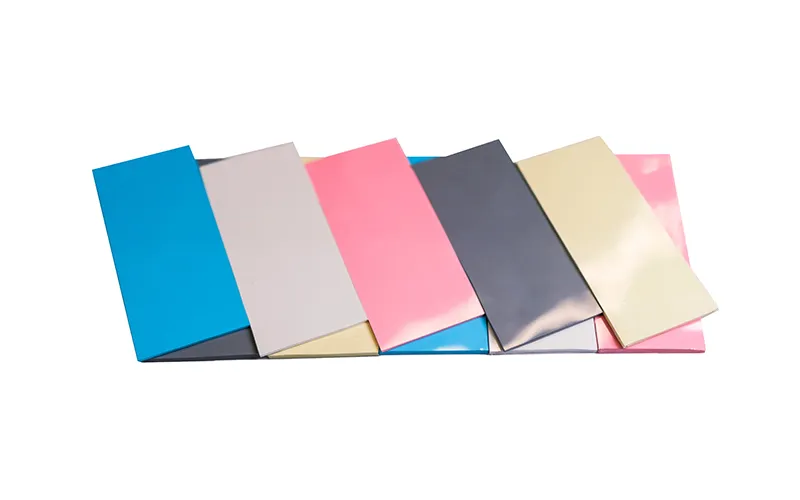
Silicone Thermal Pads and Non-Silicone Thermal Pads
Silicone thermal pads and non-silicone thermal pads are two types of thermal interface materials (TI...Learn More → -
122023.12
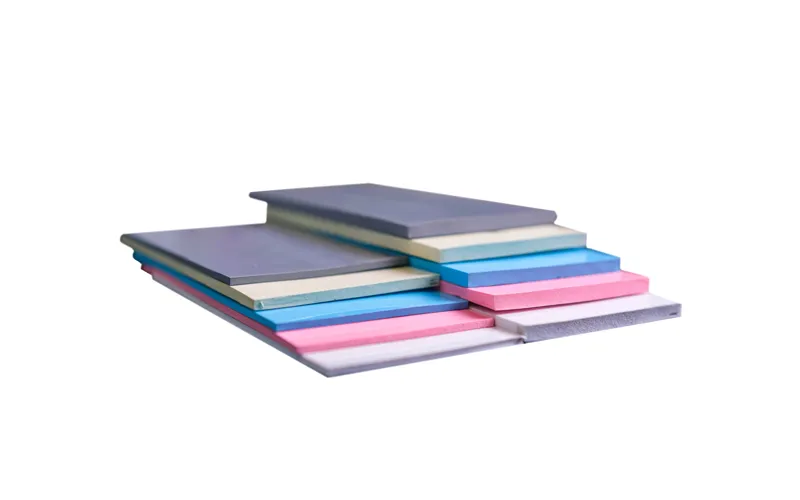
The Thermal Conductivity of TIM Depends on the Physical Properties and Density of the Filler
The thermal conductivity of a thermal interface material (TIM) is influenced by the physical propert...Learn More → -
302023.10
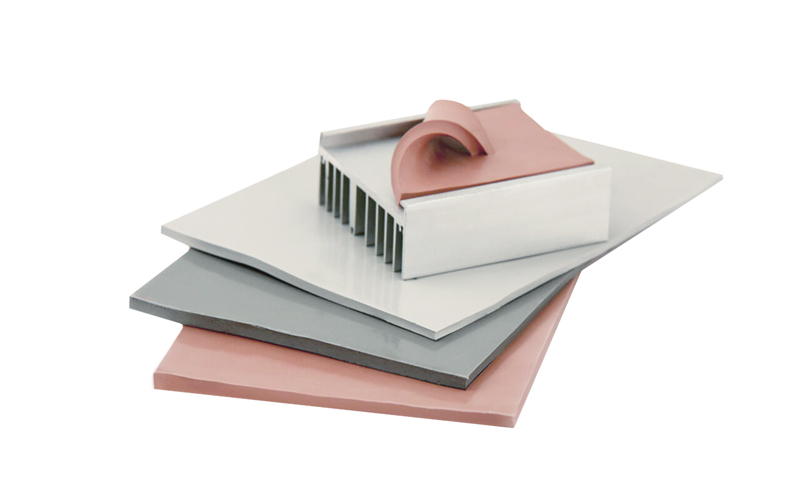
Challenges and Solution for Pick and Place Automation of Thermal Gap Filler Pads
Pick and place automation of thermal gap filler pads presents specific challenges due to the nature ...Learn More → -
202023.10
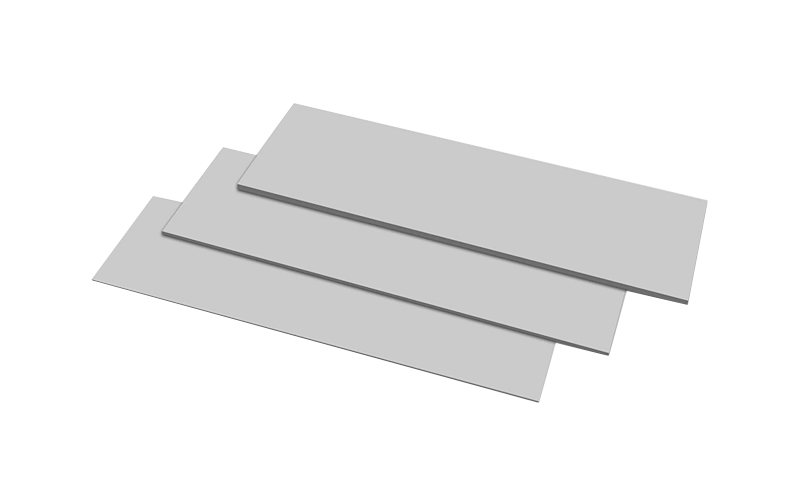
About the Hardness of Thermal Pads
The hardness of a thermal pad refers to its ability to resist compression under pressure. It's an im...Learn More → -
182023.10
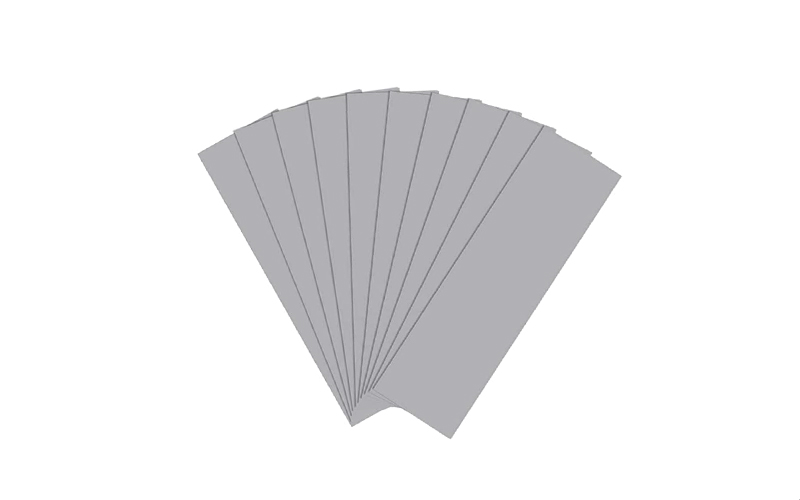
Introducing AOK Thermal Interface Materials
AOK is a company that specializes in providing high-quality thermal management solutions for various...Learn More → -
102023.10
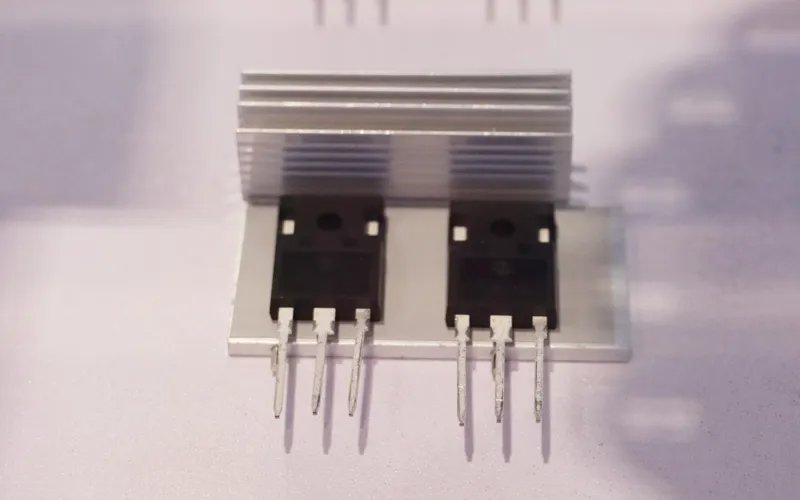
More Information about the Thermal Conductivity Levels of the Thermal Pads
Thermal conductivity is a critical factor to consider when selecting a thermal pad, as it determines...Learn More → -
262023.09
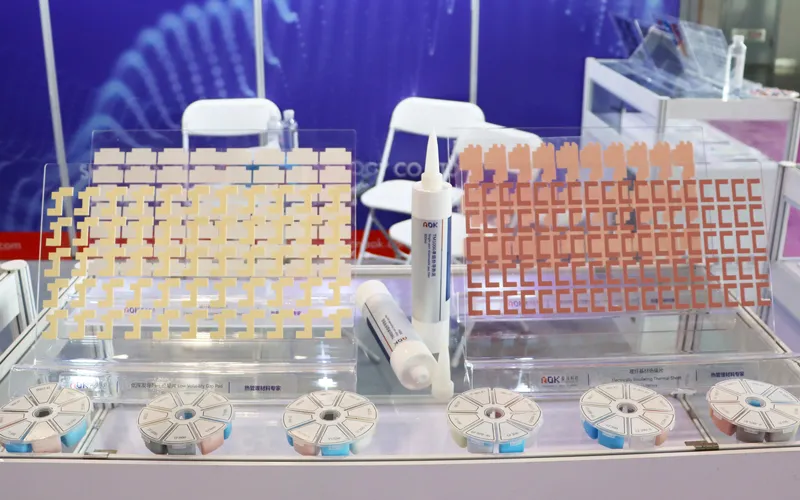
Best Way to Accurately Cut Thermal Pads
Cutting thermal pads accurately is important for ensuring they fit properly and provide effective he...Learn More → -
182023.09
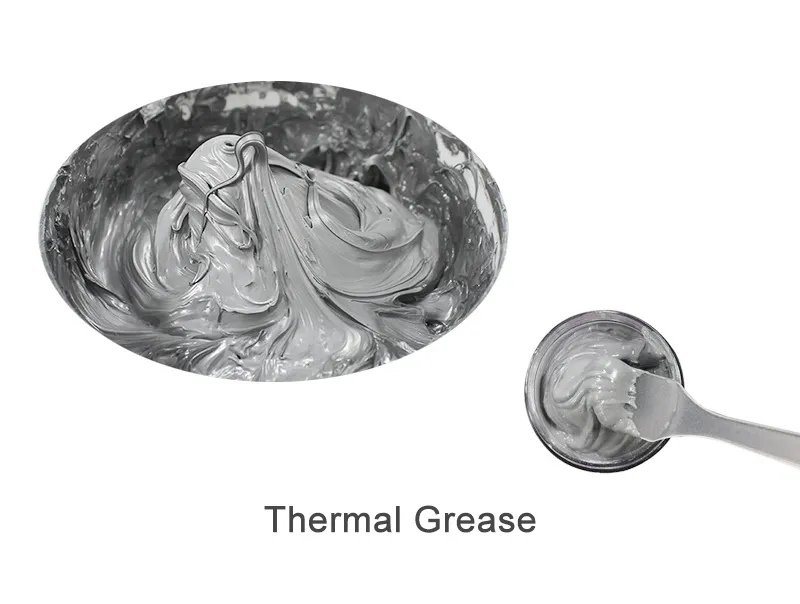
What Is the Bonding Strength of Thermal Conductive Silicone Grease?
The bonding strength of thermally conductive silicone grease refers to it's bonding force or adhesio...Learn More → -
042023.09
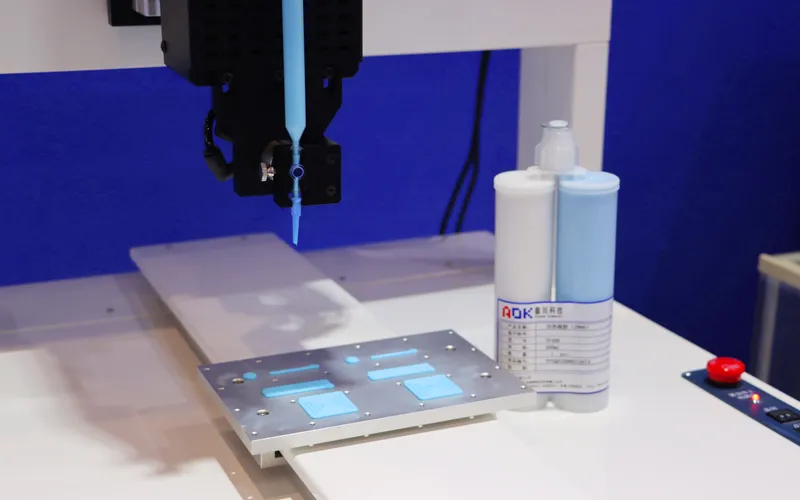
What Is a Thermal Conductive Gel?
A thermal conductive gel, also known as thermal gel or thermal interface gel, is a type of thermal i...Learn More → -
172023.08
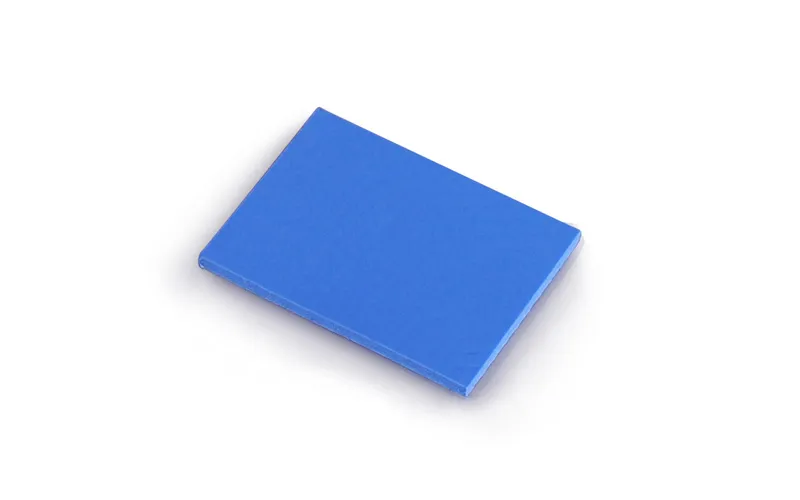
How to Stick a Thermal Pad?
1. Clean the surfaces Before applying the thermal pad, ensure that both the component and the heats...Learn More → -
152023.08
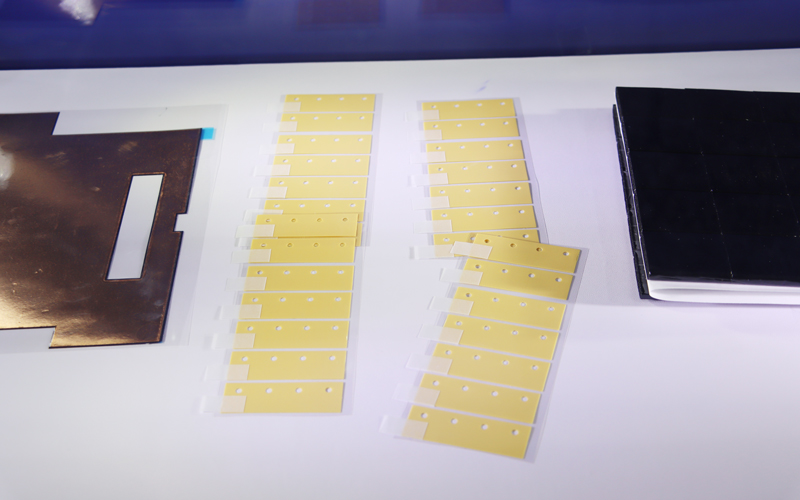
What are Thermal Pads?
Thermal pads, also known as thermal interface pads or TIMs (thermal interface materials), are soft, ...Learn More → -
142023.08
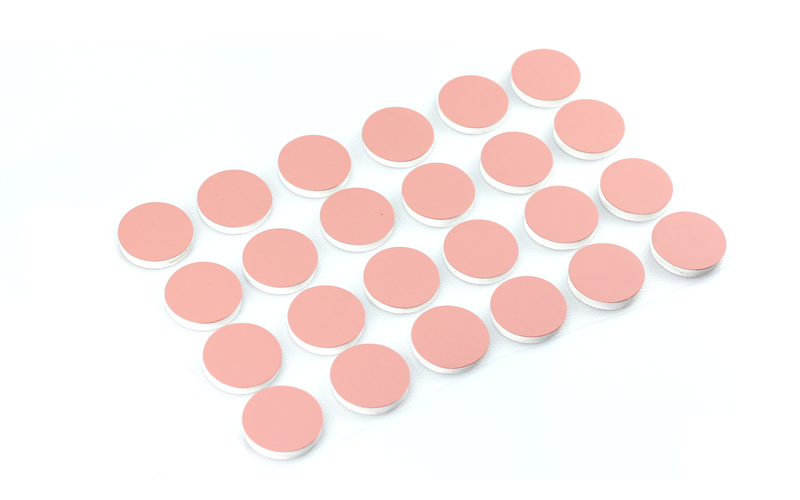
Is There a Difference in Thermal Gap Pads Softness?
There is a difference in the softness of thermal gap pads, which is often characterized by their Sho...Learn More →

